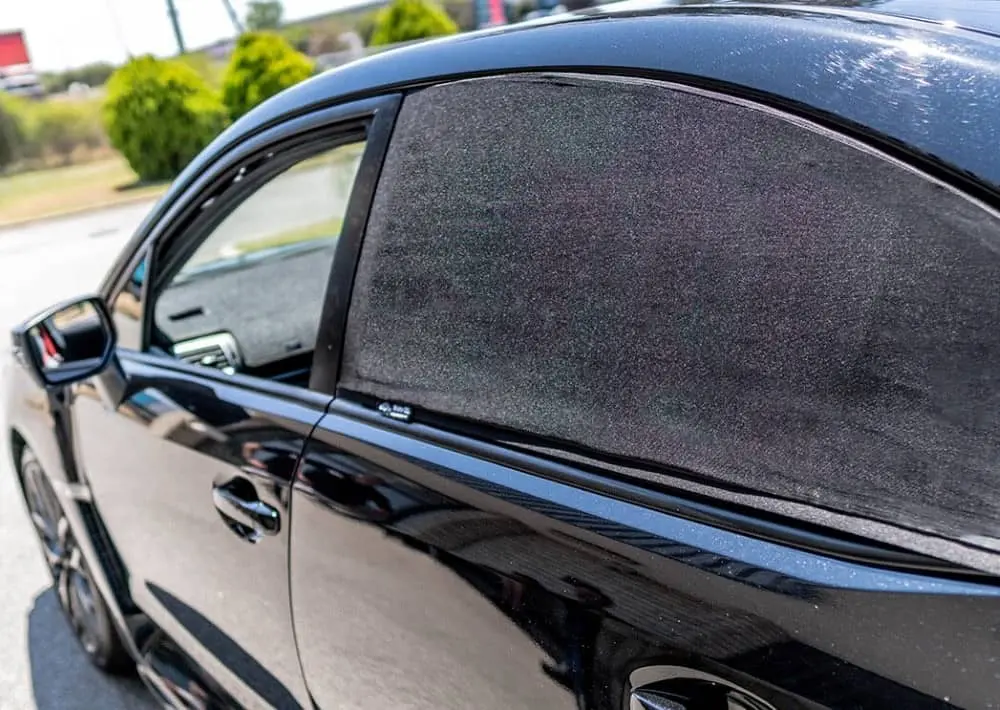Last updated on September 9th, 2025 at 07:42 am
Buying a used car privately can save you money, but it also comes with risks. Unlike buying from a dealership, private sales don’t usually include warranties, return policies, or professional inspections. That means it’s up to you to do the homework before handing over any money.
Working with a car broker can simplify the process, but even if you’re going solo, here are the essential things to check before buying a used car privately.
Check the Car’s History
Understanding the car’s background is one of the most important steps in a private sale.
Ask for the VIN and Run a History Report
Get the Vehicle Identification Number (VIN) from the seller and use a service like Carfax or a national database to check:
- Accident history
- Outstanding finance
- Odometer readings
- Write-offs or theft records
If you’re unsure how to read the report, a car broker can help you interpret the details and identify any red flags. Before paying for a full report, you can start by using a free VIN decoder to verify basic vehicle information and ensure the VIN matches the seller’s claims about the car.
Inspect the Vehicle Thoroughly
Even if the car looks clean at a glance, don’t skip a detailed inspection.
Exterior and Bodywork
Check for rust, dents, scratches, or signs of repainting, which could mean the car was in a crash. Look at the tires to see if they’re worn evenly. Uneven wear may indicate alignment or suspension problems.
Interior and Controls
Inside the car, make sure everything works: the radio, air conditioning, lights, power windows, and locks. Sit in all the seats and check for damage or wear that doesn’t match the car’s age and mileage.
A professional car broker knows where hidden issues often appear and can give you guidance on what’s acceptable and what’s not.
Review the Service and Maintenance History
Ask for the service logbook or receipts from past services.
What to Look For
- Regular oil changes
- Major services completed (timing belt, brakes, etc.)
- Repairs from a licensed mechanic
An inconsistent service history could suggest neglect. If you’re not sure what services should have been done by the current mileage, a car broker can clarify for you.
Confirm Ownership and Documentation
Make sure you’re dealing with the legal owner of the vehicle.
Documents to Check
- Registration papers (must match the seller’s name and address)
- VIN number (should match the registration and be visible on the car)
- Roadworthy certificate, if required in your area
A car broker always verifies ownership and documentation to ensure a secure transaction for their clients.
Take It for a Proper Test Drive
Never buy a car without driving it first. A test drive is your chance to see how the car handles in real conditions.
Things to Watch For
- Noises when braking or turning
- Difficulty shifting gears
- Warning lights on the dashboard
- Steering that feels loose or stiff
Try to drive in various conditions—city streets, highways, and if possible, up and down hills. If you’re unsure what to look for, bringing a car broker along is a smart move.
Get an Independent Pre-Purchase Inspection
Even if the car seems perfect, it could have hidden problems under the hood.
Why It Matters
A certified mechanic can identify issues with the engine, brakes, transmission, and more. They’ll provide a report outlining the car’s overall condition.
A car broker often includes pre-purchase inspections as part of their service, giving you confidence in the car’s safety and reliability.
Know the Market Value
Check similar listings online to see what the same make and model is selling for.
Be a Smart Negotiator
Understanding the market helps you avoid overpaying. Consider factors like mileage, age, service history, and features. A car broker has access to wholesale prices and real-time data and can help you negotiate a fair deal.
Be Cautious of Scams and Pressure
If a deal sounds too good to be true, it probably is.
Red Flags
- Seller won’t meet in person
- Refuses an inspection or test drive
- Demands payment before you’ve seen the car
- Rushes the sale or claims there are “other buyers”
A reputable car broker will never pressure you into a rushed decision and can protect you from common private sale scams.
Conclusion
Buying a used car privately can be rewarding, but it requires careful checks and good judgment. From verifying the vehicle’s history and condition to confirming ownership and arranging an inspection, every step matters.
If you want extra protection and expert advice, working with a trusted car broker is an excellent choice. A car broker can help you find the right car, avoid risks, and get the best possible deal. Whether you’re new to car buying or simply want peace of mind, partnering with a car broker ensures you’re making a safe and smart investment.
Also Read-Caring for Aging Loved Ones? A Local Gerontologist Can Help




